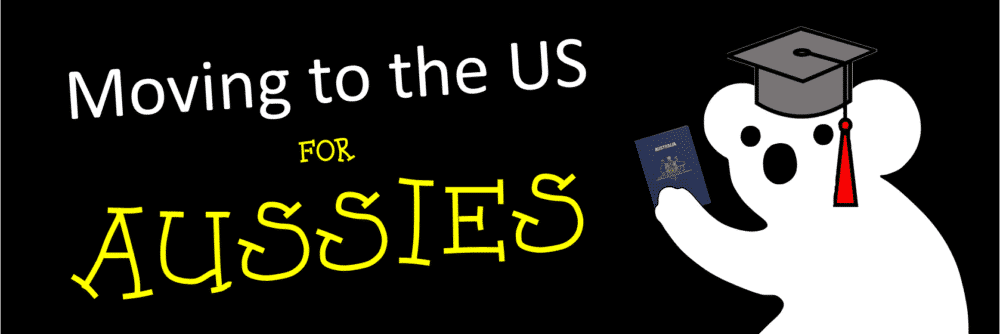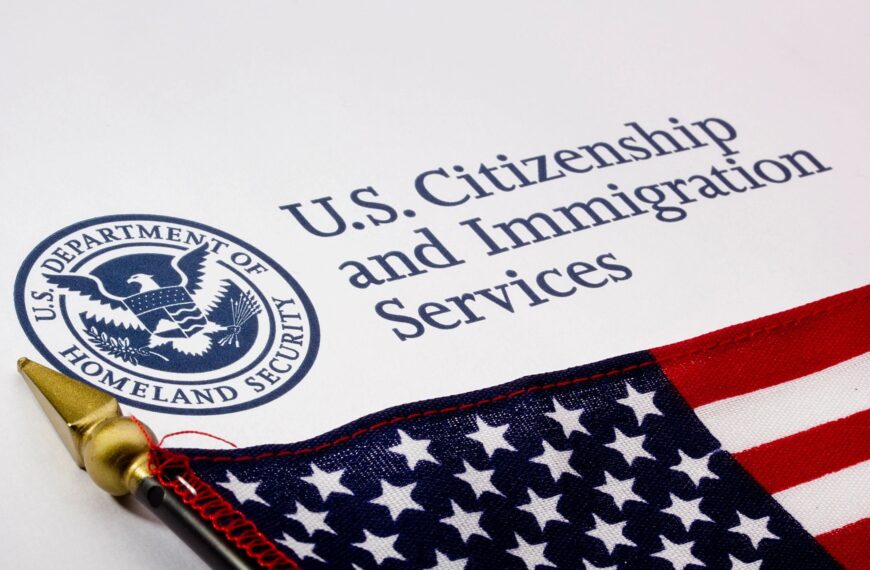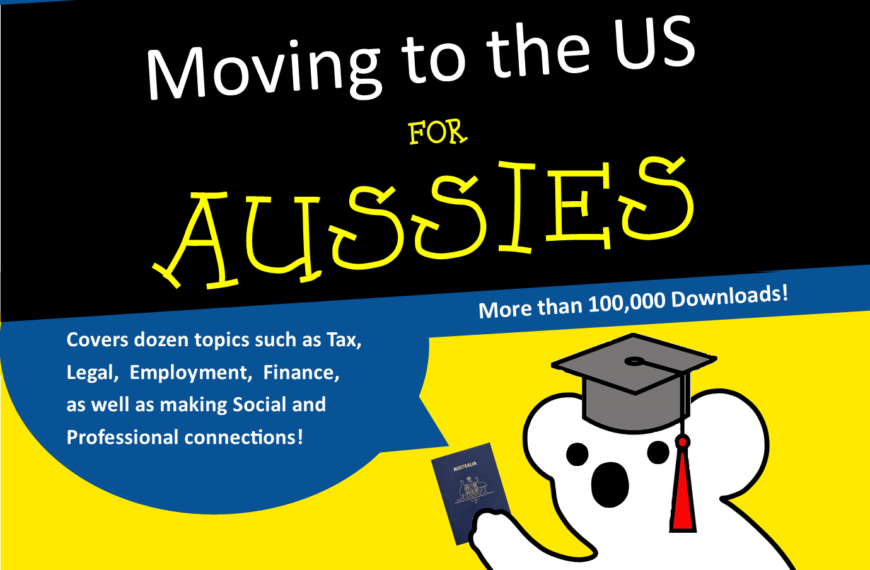Death and Taxes: Chapter 19

Death and Taxes
They say that there are only two things that are guaranteed in life… It is therefore surprising how few Aussie expats mitigate the later, in case of the former.
In 1978 Australia abolished its death tax. However, whether you and your spouse are a dual Australian/U.S. citizens, Legal Permanent Residents (Green Card) or Non-Resident Aliens (E-3 et al), understanding how U.S. Estate Tax will impact you in the worst case scenario is very important, yet often overlooked by Australian expats.
This article is not intended to give specific tax or legal advice. It is intended to highlight a potential expat risk that impacts Australians, as well as risk mitigation strategies. Every situation is different, so consult with your estate planner or financial advisor for professional advice specific to your circumstances.
The Australia U.S. Tax Treaty
As any Australian expat who pays tax in the U.S. understands, Australia has a tax treaty with the U.S. that prevents double taxation. After Australia abolished death duty, the tax treaty still gives Australians certain estate tax considerations.
The first being that without the treaty, Australians who are not U.S. Citizens or Green Card holders would pay estate tax on any U.S. assets that exceed US$60,000. The treaty allows certain Australians to claim the $5Million (plus inflation) individual exemption from U.S. estate tax.
In 2019 the Trump Administration doubled estate tax thresholds to US$11.4 Million. However there are still IRS forms that will need to be filed by trust and estate attorneys to get the exception for an Australian, including a certificate to transfer shares that exceed $60,000. Notably, the new estate tax threshold is not permanent, it is set to expire at the end of 2025.
The rate for Federal Estate Tax is 40%, and in New York State it is an additional 16%
ASENA Advisors Podcast
In early March, The Australian Community recorded a podcast with ASENA Advisors on the subject of Estate Tax and Estate Planning strategies. You can listen to this highly informative podcast with two leading Australian/U.S. tax and estate experts.
In the Podcast, Senior Tax Advisor Renuka Somers, and Managing Director Peter Harper, discuss some of the most important Estate Planning considerations for Expats.

It’s Complicated
Statistically, there are only a small number of Australian expats whose assets will be subject to U.S. estate tax between now and 2025. However, any Australian with assets in both Australia and the U.S. will need to have an estate plan that includes a Will, a Power of Attorney, and everything must meet the legal requirements of both jurisdictions, and the practical wishes of the individual.
Not only should you have an updated Will that is framed in U.S. legalese, but there should be provisions on who is going to handle the estate’s filings. It’s complicated so a Trust and Estate attorney should be consulted. Your financial advisor should have access to these professionals in house, and will help in understating all of the considerations for an effective estate plan.
Further, estate tax considerations effect Legal Permanent Residents married to U.S. citizens. There can be an unlimited gifting between spouses that negates any estate tax. However, if a green card holder receives tax deductible (or non taxable) gifts from a U.S. Citizen, and later actively or passively relinquishes his or her green card, they may be subject to the tax that was previously deductible. The same would apply to U.S. citizens who relinquish their U.S. citizenship!

At the heart of any Estate Plan is an updated, U.S. Will. Circumstances are constantly changing in our lives that require us to update a Will, and moving to the US is a big change.
Your Australian Will may not consider all of the different U.S. tax and filing elements to meet the requirements of the Tax Treaty between the U.S. and Australia, so meeting with a Trust and Estate attorney s a checkbox that should be ticked as soon as possible.
Mitigating the Risk of Estate Tax
Charitable Gifting
Charitable giving is a strategy to not only reduce your taxable income, but can also be used to reduce your estate tax liability. Aside from Charitable Remainder Trusts and Charitable Lead Trusts which can give tax benefits to an individual while they are living, individuals can also make bequests of real property to certain 501(c)(3) public charities to reduce their estate tax liability.
Before including 501(c)(3) organizations in your estate plan, be sure that they are qualified to receive certain donations outlined in their IRS letter. Making donations of real property, or bequests from estates to a 501(c)(3) who is not qualified, may have that donation disallowed and severely impact your estate plan.
As an example, The Australian Community is qualified to receive tax deductible bequests, devises, transfers or gifts under section 2055, 2016 or 2522 of the IRS Code. Copies of our IRS letter are available upon request by emailing info@aucommunity.org.
Next Steps
If you do not have an updated Will, perhaps it is time to make an appointment with a expert. If you have a financial advisor, they should have access to in-house Trust and Estate attorneys who can give you an understanding of your estate tax liability, and whether a strategy to minimize its impact is required.
Your estate plan should also outline which documents are required, and who is going to file them with the IRS to claim all of the estate tax exemptions under the Tax Treaty. Updating your Will as life changes occur is a good financial habit – no matter whether you are living in Australia or the U.S.!
The Australian Community’s AI, Joey, enables you to access the knowledge of other Australian expats, as well as connections to ethical, professional advice from qualified tax, legal and finance professionals.
Click here to read “Moving to the US for Aussies” from the beginning.
Before you send money Overseas!
Use this Currency Converter to gauge how much money you could save over your existing FOREX service by accessing The Australian Community’s Preferred OFX Rate.
Currencies can fluctuate by the minute. This Converter is indicative of the Preferred OFX Rate at this time.
However, once you register and access our Preferred OFX Rate, you will see the current converted rate, and the converted amount before making your transfer.
About The Australian Community
Founded in 2011, we connect more Australians in America.
If you are a professional Australian taking your career to the next level, or the U.S. is the next step in your company’s global expansion, we can connect you to all of the resources you need for success in America.
Did you find this article helpful? Make a Donation!
The Australian Community is a 501(c)(3) organization, and all donations are fully tax-deductible under the IRS Code.








